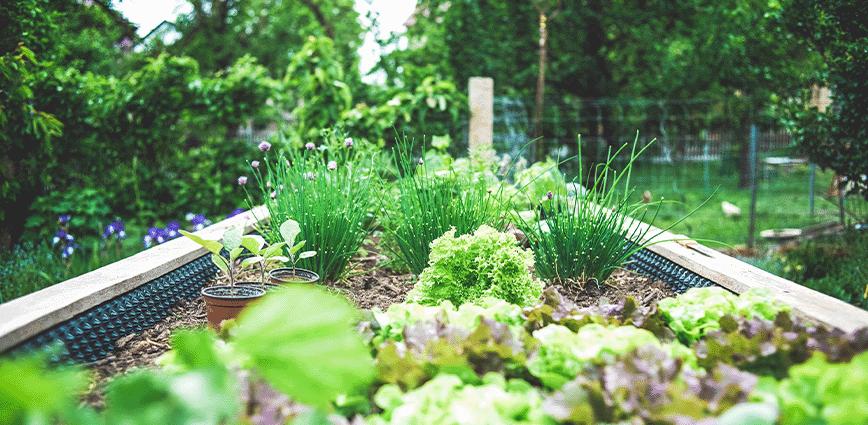
3 Ways to Make Your Diet More Environmentally-Friendly
The rising rate of natural disasters over the last year has forced many to confront the unavoidable signs of climate change. Just recently, scientists released a study that revealed that “rapid and ambitious” changes to our global food system can significantly decrease greenhouse gasses. Simple changes to our diet are both necessary –– and impactful.
Making small changes to what you eat can make a big difference. Even just swapping one ingredient for another can reduce greenhouse gas emissions and conserve water. Incremental changes are the first steps to a big impact – if you’re looking for somewhere to start, try making one of these adjustments to go green with your eating habits.
Buy local
The environmental damage caused by shipping groceries all over the world is one of the biggest hidden costs of our eating habits. In the 1980s, one study found that grapes being sold in Iowa had traveled an average of 2,848 miles to get there. Transporting produce and frozen foods that need to be kept cold can be particularly bad for the planet.
When you go to the supermarket, read the labels: most fresh ingredients will tell you from where they originated. Try to switch to smaller grocers who partner with local farmers – you’ll not only be reducing your carbon footprint, but also supporting local businesses (and they need support right now!). Local food is often fresher too: it’s picked at its peak and not pumped full of preservatives. To get the absolute freshest ingredients, sign up for a CSA box if there’s a program available in your community.
Plus, switching to local suppliers gives you a good excuse to go to a farmer’s market – a fun outdoor activity that makes it feasible to socialize from a safe distance.
Switch to organic sweeteners
Sugar isn’t great for humans, nor is it good for the environment. “The cultivation and processing of sugar produce environmental impacts through the loss of natural habitats, intensive use of water, heavy use of agro-chemicals, discharge and runoff of polluted effluent and air pollution,” reports the World Wildlife Fund. “This leads to the degradation of wildlife, soil, air and water where sugar is produced and of downstream ecosystems.”
A simple way to help the planet? Switch to Pyure Organic stevia. Stevia requires less land, water, and energy to produce the same sweetness found in other sugar alternatives. One study found that stevia led to an 82% reduction in carbon footprint compared with beet sugar, and a 64% reduction compared with cane sugar. At Pyure Organic, we’re fanatical about how stevia is made, and only use sustainable, responsible practices that reduce the impact on our environment. We also avoid chemicals, additives, and artificial processes, things that can have a negative impact on the earth and on our health.
Bonus: Pyure Organic is dedicated to creating a healthier planet by donating a portion of our proceeds to diabetes education and other social and environmental causes.
Eat more plants
It’s just a fact that industrially-farmed meat has the greatest impact of any food product on our environment’s health. The more you can cut down on adding meat to your meals, the more your diet will support. It’s not just about eating less meat, however. Swapping plants for meat is a big adjustment, but the impact is massive. The NRDC estimates that if every American replaced eating just one hamburger with a plant product each week, we could cut emissions as much as taking about 10 million cars off the road each year.
But, not all plants are created equal. There are a couple of guidelines you should know when trying to switch to a plant-based diet.
- Stick to plants that are in-season: this can help you reduce the produce you purchase that’s from another part of the world. If you’re eating watermelon in Maine in December, there’s a good chance that fruit traveled a great distance to get to your plate. If you want to eat fruit out of season, learn how to preserve fruit in the freezer.
- Eat it raw: skip cooking your veggies to retain the nutrition of your produce as well as to conserve the energy it takes to heat things up.
- Go organic: read the label to make sure your food is certified organic, meaning it’s grown and harvested using methods that recycle resources, don’t use synthetic pesticides, and are generally good for the environment.
Fortunately, things that are good for the environment are usually also good for your health. If you’re feeling motivated to reduce your environmental impact, start by thinking of ways to make your diet more sustainable. Check out our recipes page for ways to incorporate better-for-you ingredients that are also better for Mother Earth.

